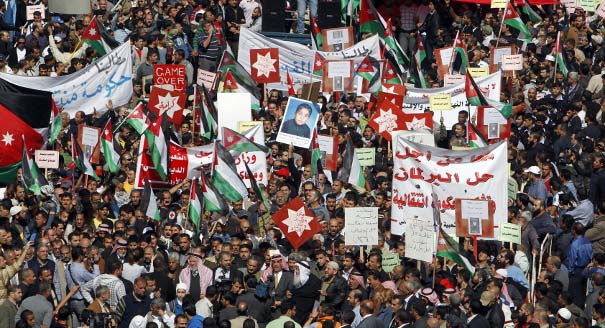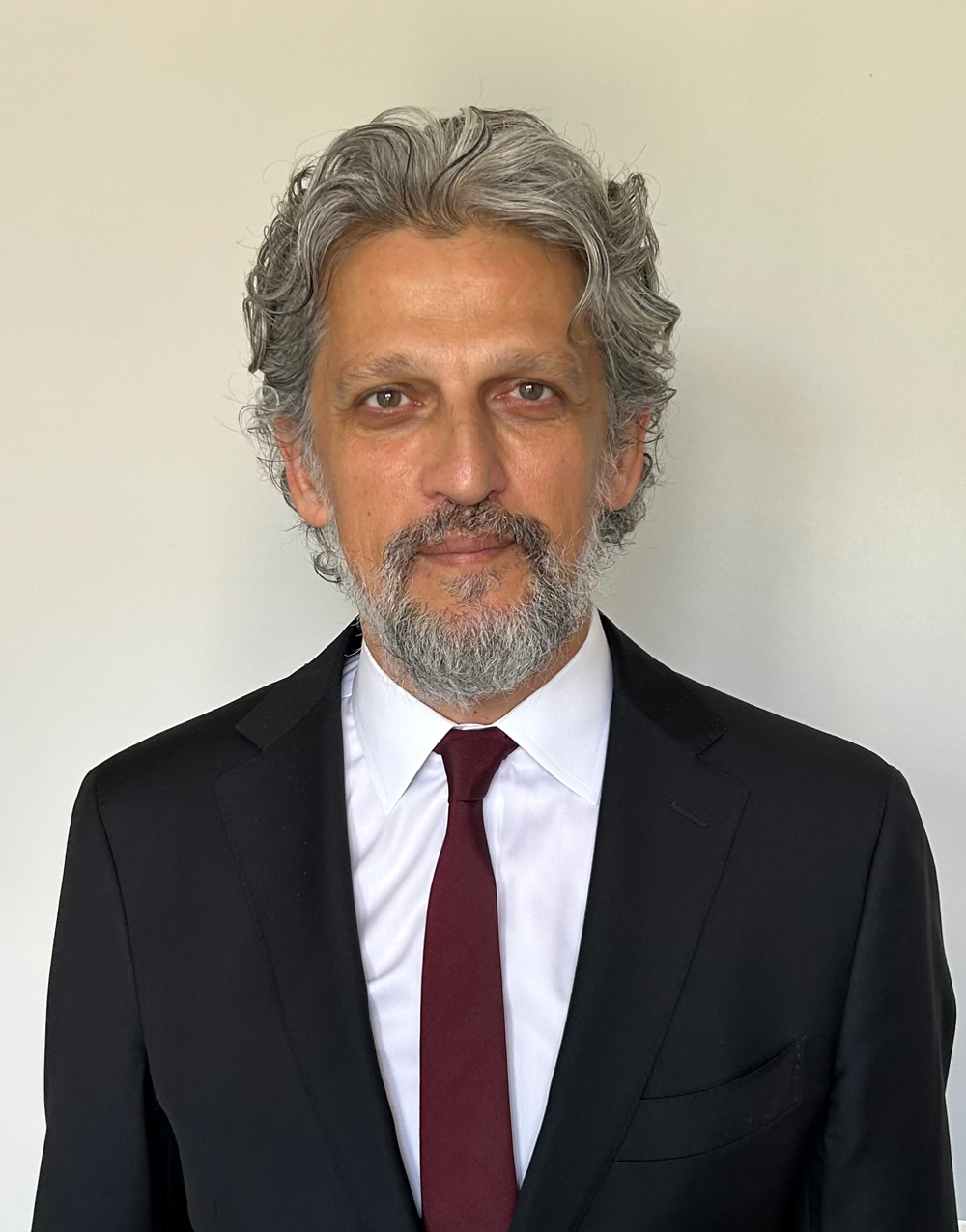An Armenia-Azerbaijan settlement may be the only realistic test case for making glossy promises a reality.
Garo Paylan
{
"authors": [
"Ibrahim Saif"
],
"type": "legacyinthemedia",
"centerAffiliationAll": "",
"centers": [
"Carnegie Endowment for International Peace",
"Malcolm H. Kerr Carnegie Middle East Center"
],
"collections": [],
"englishNewsletterAll": "",
"nonEnglishNewsletterAll": "",
"primaryCenter": "Malcolm H. Kerr Carnegie Middle East Center",
"programAffiliation": "",
"programs": [],
"projects": [],
"regions": [
"Egypt",
"Gulf",
"Levant",
"Maghreb"
],
"topics": [
"Economy"
]
}
Source: Getty
Throughout the Middle East and North Africa, Islamist parties are garnering electoral success. A strong economic policy is essential for ensuring that voters remain confident and supportive of Islamist parties in the future.
Source: Al-Hayat

Literature on the Arab Islamist parties—the Freedom and Justice Party in Egypt, the Muslim Brotherhood’s Islamic Action Front in Jordan, the Ennahda movement in Tunisia, and the Justice and Development Party in Morocco—sheds light on some essential issues: the role of the state and the private sector, the fight against poverty and unemployment, the rule of law and anticorruption, the general budget, foreign relations, and relations with international institutions. According to a study conducted by the author of this article and Muhammad Abu Rumman of the University of Jordan, to be published soon by the Carnegie Endowment, the four Islamist parties have laid out thorough economic programs in these areas.
The philosophy of those programs is largely in line with current modes of thinking—they adopt an economic policy that is based on the principles of the free market and private property. They do not offer any "revolutionary" alternatives that aim at changing the prevailing economic system or the existing structure. Rather, Islamists are seeking better management.Their platforms include financial incentive policies, employment policies, and policies that promote good governance. They partly focus on the unhealthy relationship between some of the top businessmen and governments, concluding that these ties contributed to the marginalization of social groups, the spread of corruption, and the absence of a productive society.
Moreover, in their platforms, these parties exaggerate expected growth rates, job creation, and the size of domestic and foreign investment. However, what has been missing in these platforms is a clear sense of priorities, financing tools, and methods for building trust with the private sector. Nor are the limits on the state's role clear, despite pledges to respect private ownership. The platforms present a number of initiatives that the public sector should take in the areas of employment and investment without clearly identifying how to guarantee the success of such initiatives given the structural weakness plaguing some state institutions.
There is consensus in three of the countries on the principle of progressive taxation—Egypt, Tunisia, and Jordan. The Moroccan Justice and Development Party suggests exempting commodity goods from taxes and introducing taxes on luxury goods and high-income earners, and it distinguishes between imposing a progressive tax on individuals and reducing it for institutions in order to preserve their competitiveness. But it has not adopted a clear approach to the tax system.
Regarding the banking system, in Tunisia and Morocco it is a distinct possibility that the conventional banking system and the Islamic system could coexist. Tunisia in particular does not hide its desire to expand its work based on Islamic law. In Egypt and Jordan, this issue is not yet clearly decided despite the fact that the Islamic system is already integrated into the current banking system to a degree. The officials of these parties also do not see any harm in encouraging tourism, which is an income source for a large number of their constituents.
These movements do not have an established position on international institutions like the World Bank or the International Monetary Fund. At issue is how to formulate policies and programs that address the existing imbalances in these countries in order to maintain a balance between the vision of these institutions and the internal conditions of each country.
The movements also use some international competitiveness indicators, such as the index of the World Economic Forum, to set targets for progress. They seek to improve their conditions based on the analysis provided by these indexes. The Justice and Development Party in Morocco is a clear example of this approach, having presented some of the indicators in its platform. Moreover, some parties seek to employ participatory financing instruments with the private sector within a “build-operate-transfer” framework, which is one of the modern tools of financing.
All of the winning Islamist parties will have to form alliances with other parties. And they will have to forge agreements that comply with the suggestions of those other parties. The need to compromise would ease the pressure on the Islamist parties to achieve their desired objectives. But this means these programs are likely to be amended and that the Islamist parties’ promises will not be fully implemented.
The Islamist parties of Egypt, Jordan, Morocco, and Tunisia are well aware of the nature of the economic challenges they face. They know full well the importance of ensuring economic achievement to maintain their links with their electoral base.
Going forward, increasing productivity and competitiveness is key, but that requires reducing the role of the public sector and launching private initiatives and investment. At a time when the nature of the relationship between the economic actors and the Islamic governments is still unclear, how productivity and competitiveness will be enhanced in these countries is uncertain.
Given these parties’ relatively short terms—four years—few electoral promises are expected to be fully implemented. This makes prioritizing the economic dimension, which sparked many revolutions in the Arab world, even more essential to ensuring that voters will remain confident and supportive of Islamist parties in the future.
This article originally appeared in Arabic in Al Hayat.
An Armenia-Azerbaijan settlement may be the only realistic test case for making glossy promises a reality.

Garo Paylan
Venezuelans deserve to participate in collective decisionmaking and determine their own futures.

Jennifer McCoy
A recent offensive by Damascus and the Kurds’ abandonment by Arab allies have left a sense of betrayal.
Wladimir van Wilgenburg
German manufacturing firms in Africa add value, jobs, and skills, while benefiting from demand and a diversification of trade and investment partners. It is in the interest of both African economies and Germany to deepen economic relations.
Hannah Grupp, Paul M. Lubeck
As European leadership prepares for the sixteenth EU-India Summit, both sides must reckon with trade-offs in order to secure a mutually beneficial Free Trade Agreement.

Dinakar Peri